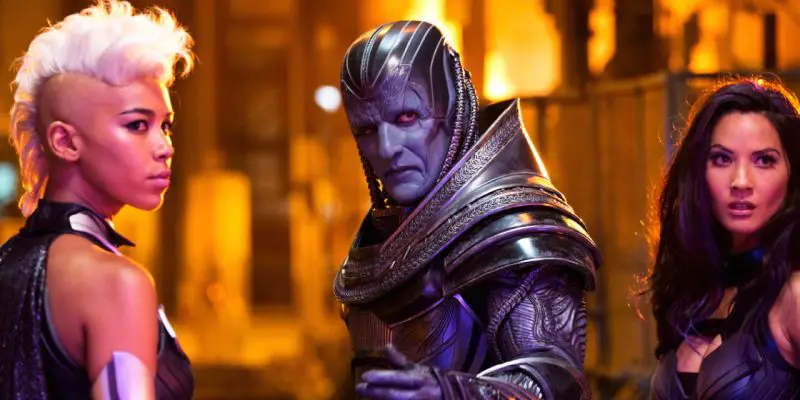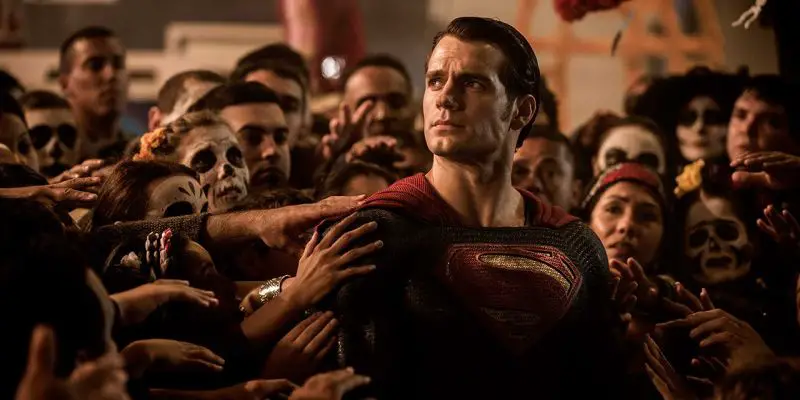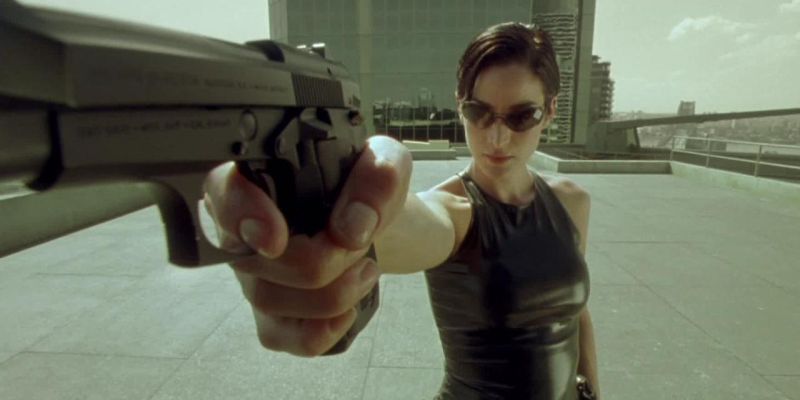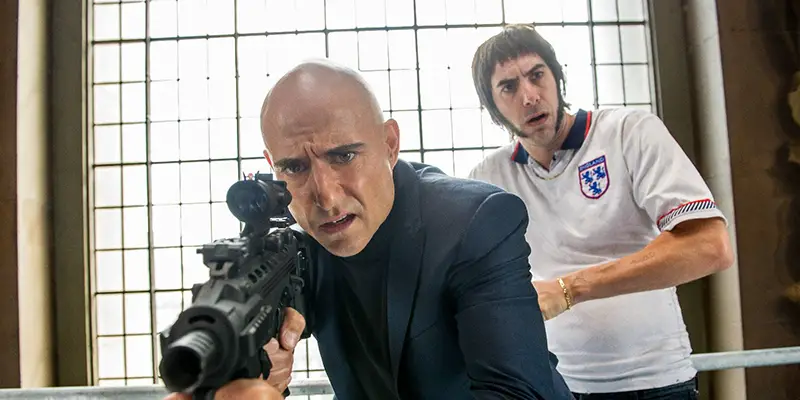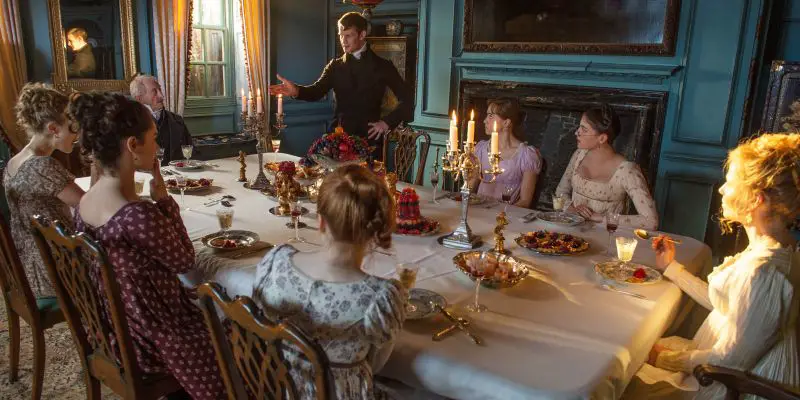action
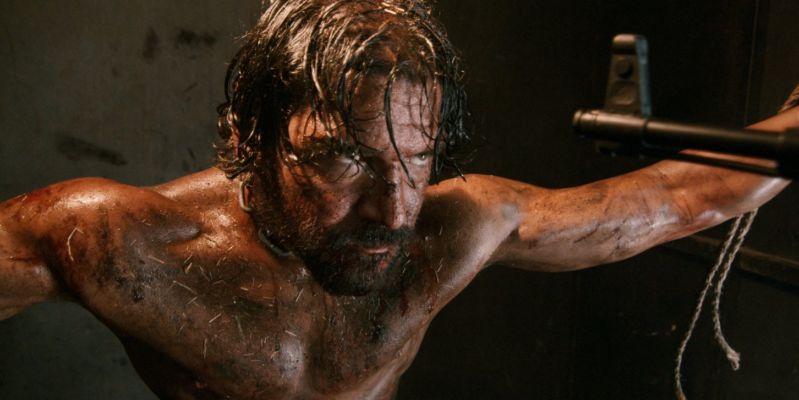
Often shrugged off as a base form of entertainment, the action genre has carved out its place in the cinematic phalanx. Spy capers, heist films or just a good old-fashioned shoot ‘em up have all become, in some why or another, a part of our lives in the form of witty one-liners such as ‘I’ll be back,” Detective John McClane saving Christmas (twice) and The Rock being— The Rock. Memorable moments which have become ingrained in our memories.

The vast majority of video game films have failed for not respecting their source material, using them only as basic backdrops to put some hackneyed plot in place for a quick cash-grab. Various franchises like Tomb Raider and Prince of Persia have all failed because of this blatant apathy, and because those involved in their making didn’t care about how to integrate the art of making video games with the craft of making films. The less said about the absolute disasters that were the various video game films directed by talentless hack Uwe Boll, the better.
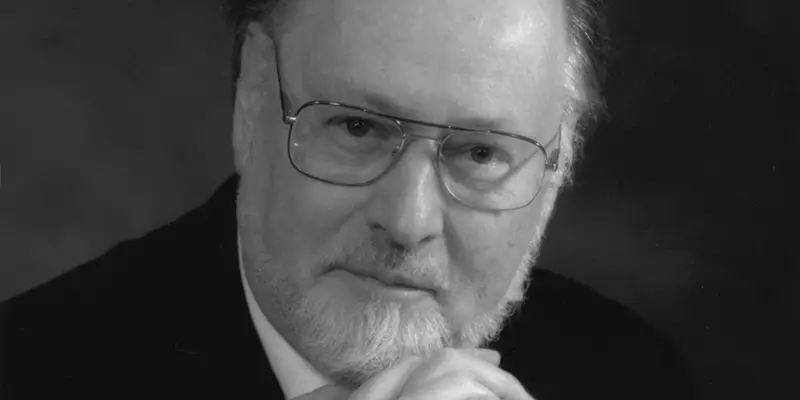
In all production tools of filmmaking, using sound effects is a fundamental factor in capturing a film’s escapist experience and the audience’s reactions. Although sound is not seen on-screen, it does play a crucial role in how films work, and in how it progresses narrative, develops characters and addresses significance. John Williams is an example of a composer whose work has established the importance of music within cinema, and how they play a fundamental role in the entire experience.
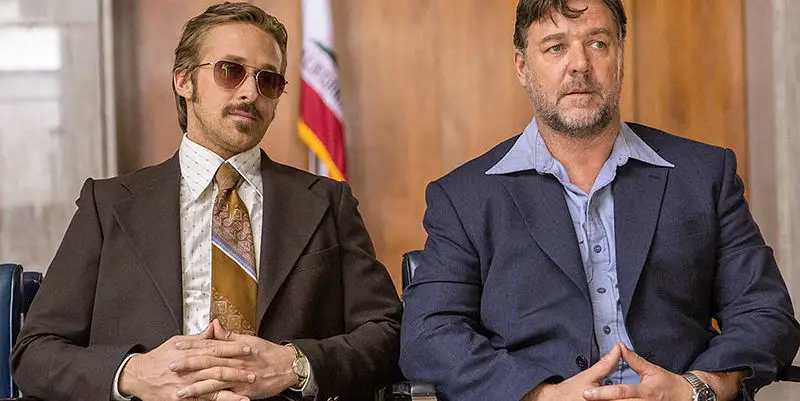
Shane Black’s The Nice Guys couldn’t come at a better time. Actually, strike that. If it had come out just a few months later after the slog of the summer movie season of blockbuster remakes, sequels, reboots, and rehashes had polluted our minds, then perhaps it would be received all the more with acclaim.
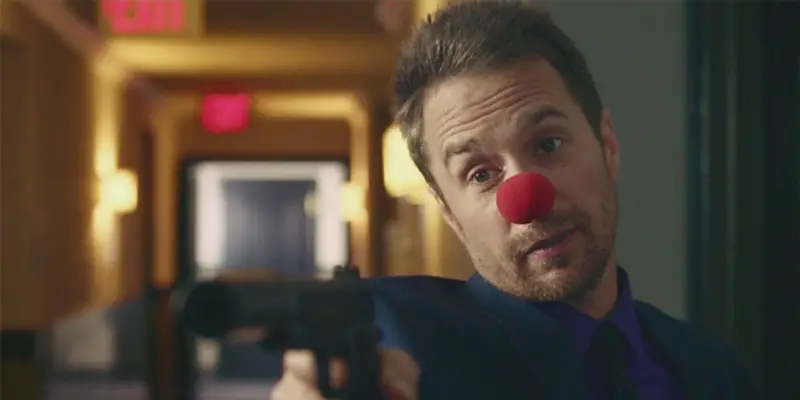
To talk about this film, you must talk about the rise and acceptance of post-modernist cinema with mainstream audiences and how this has changed the way modern genre films are tackled. To break it down, post-modernist cinema essentially is cinema that tackles ‘modern’ or traditional cinema. Post-modern cinema wants to actively point out the different film elements that make traditional cinema work, show them to you and deconstruct these cinematic codes in order to stand apart and comment on its established genre/story-telling methods that its currently indulging in.
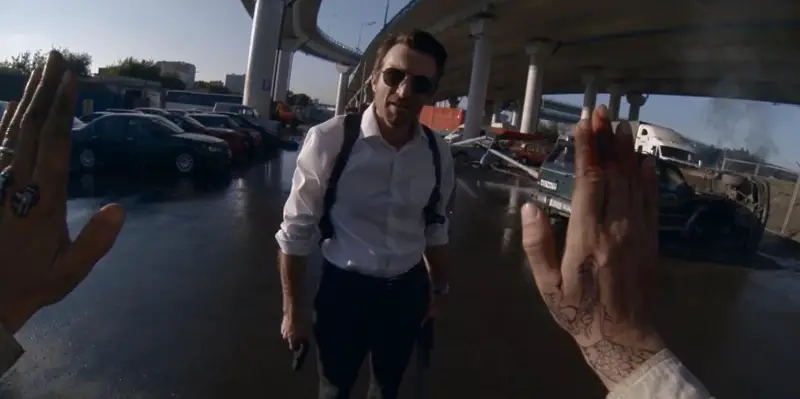
Action cinema is a pain to bring to light. Let’s be clear that every film is difficult to make and they all have inherent problems, ranging from little to gigantic nuances. But action takes the cake when it comes to painstakingly long hours and the mundane repetition that is required to capture the choreography of a scene just right.
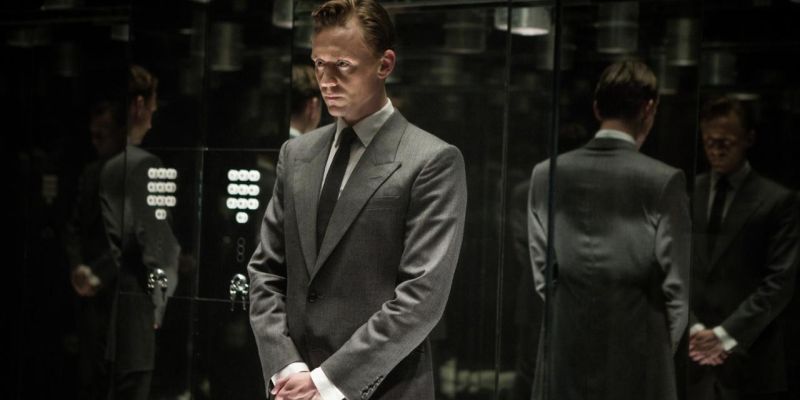
There are few novels considered “unfilmable” that haven’t been translated to the big screen. High-Rise, director Ben Wheatley’s adaptation of J.G Ballard’s cult 1975 sci-fi novel, is the rare movie adaptation that doesn’t feel like it has been adapted, so peculiar and distinctive to the director is the increasing foregoing of narrative in favour of societally depraved surrealism.
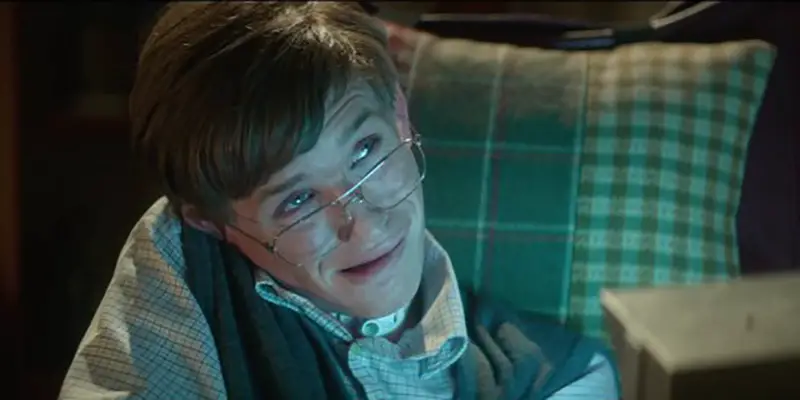
Like all social groups, people with disability have been portrayed in diverse ways in Hollywood, from stereotypical representations in horror to genuine inspirations in melodramas. Disability is represented as a metaphor through imagery or characters’ features, or as a direct subject within the narrative. The entire concept of genre is recycled from elements within society, and the relevant features of each specifically labels the disabled into a certain character type.

I’m going to be honest and admit that 15 minutes into this film I didn’t want to watch any more. Which is strange, because usually I’m a glutton for punishment when it comes to films I don’t necessarily enjoy. I’ll quite happily sit through to the end, hoping for a change in direction or a ‘bigger picture’ reveal.


